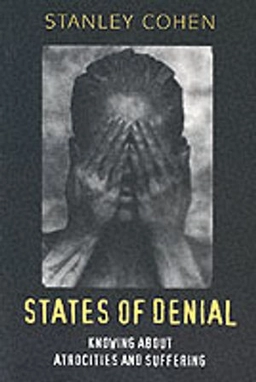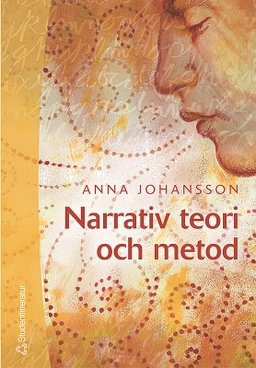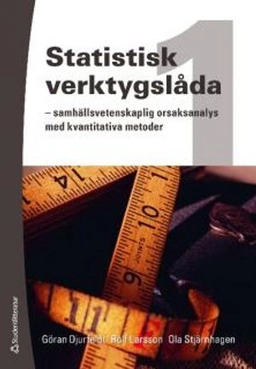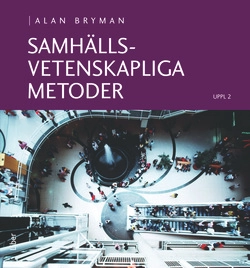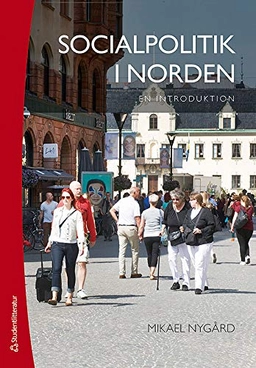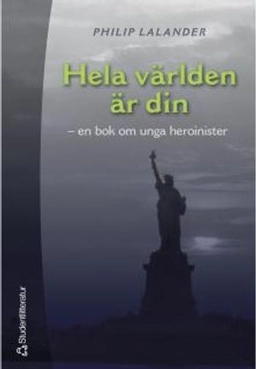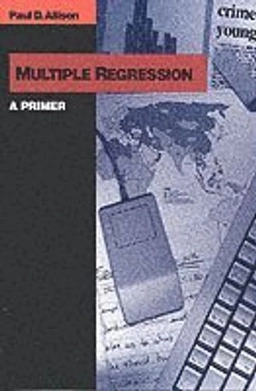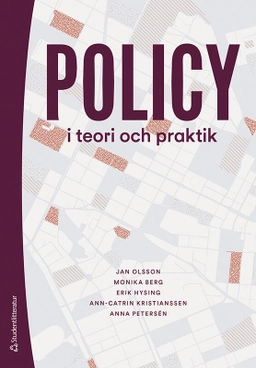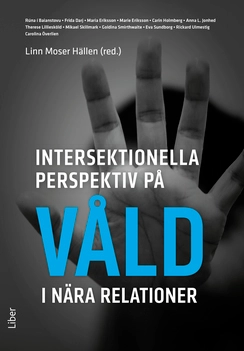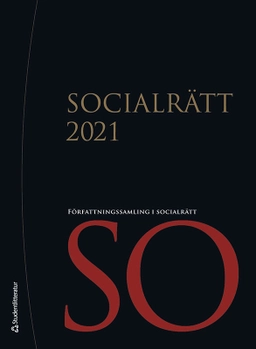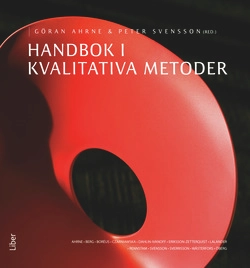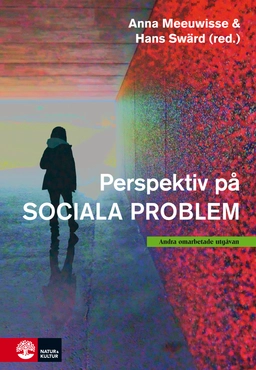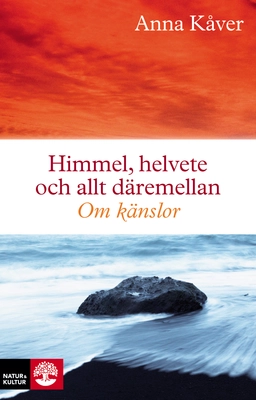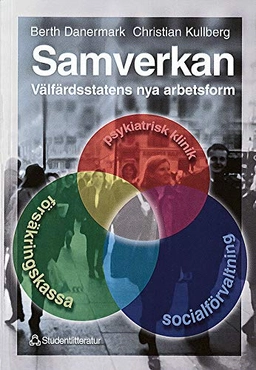Criminology is a booming discipline, yet one which can appear divided and fractious. In this rich and diverse collection of essays, some of the world's leading criminologists respond to a series of questions designed to investigate the state, impact, and future challenges of the discipline: What is criminology for? What is the impact of criminology? How should criminology be done? What are the key issues and debates in criminology today? What challenges does the discipline of criminology face? How has criminology as a discipline changed over the last few decades? The resulting essays identify a series of intellectual, methodological, and ideological borders. Borders, in criminology as elsewhere, are policed, yet they are also frequently transgressed; criminologists can and do move across them to plunder, admire, or learn from other regions. While some boundaries may be more difficult or dangerous to cross than others it is rare to find an entirely secluded locale or community. In traversing ideological, political, geographical, and disciplinary borders, criminologists bring training, tools, and concepts, as well as key texts to share with foreigners. From such exchanges, over time, borders may break down, shift, or spring up, enriching those who take the journey and those who are visited. It is, in other words, in criminology's capacity for and commitment to reflexivity, on which the strength of the field depends.
Åtkomstkoder och digitalt tilläggsmaterial garanteras inte med begagnade böcker



